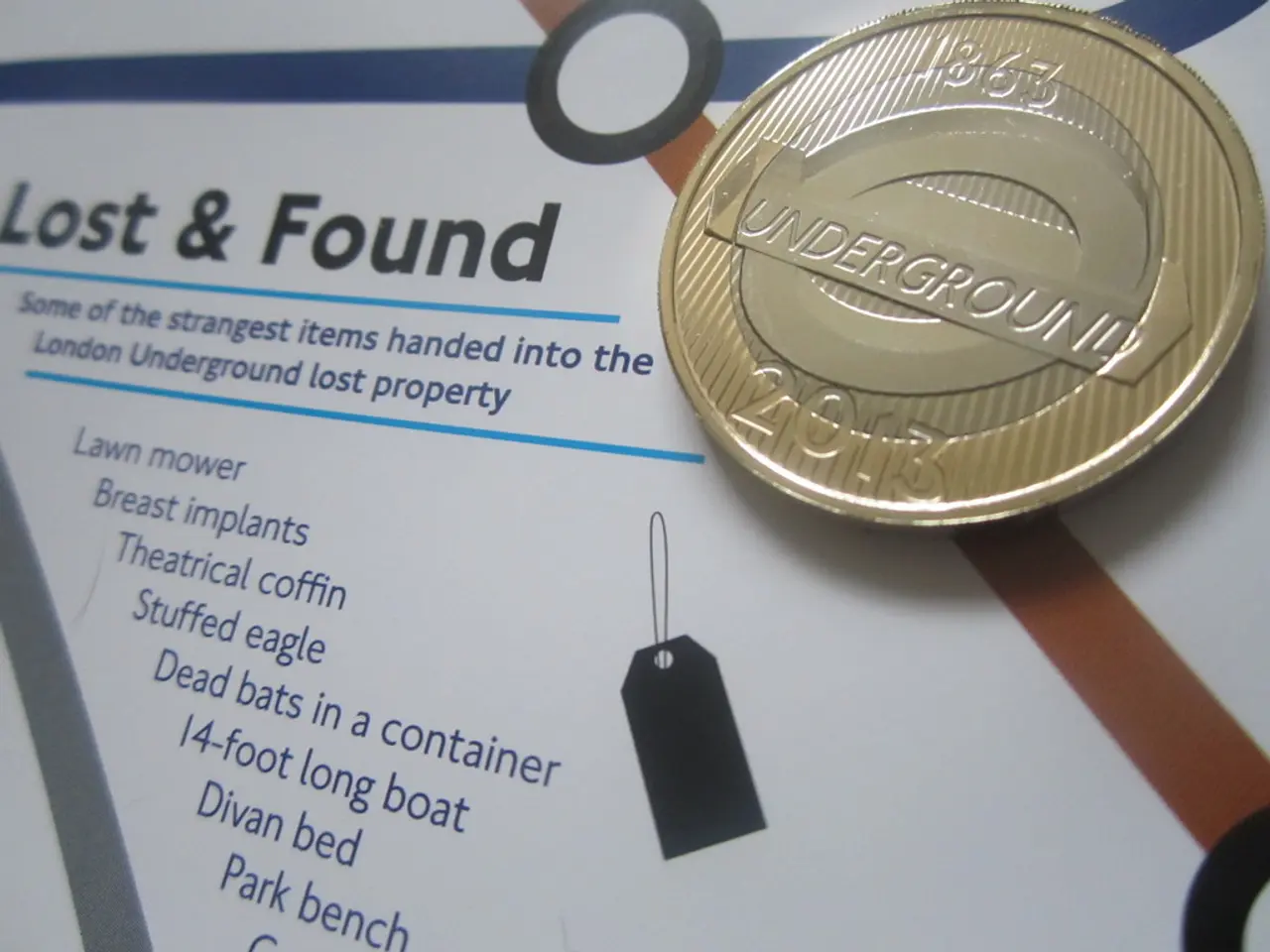Bank of England Maintains Interest Rates at Current Levels and Reduces Quantitative Tightening to £70 billion
The Bank of England has announced changes to its Quantitative Tightening (QT) strategy, aiming to manage persistent inflationary pressures in the UK economy. The Monetary Policy Committee (MPC) held interest rates at 4% and reduced the annual QT target from £100bn to £70bn in the next 12 months.
In a move that has raised eyebrows among analysts, the Bank plans to sell half as many long-term gilts as medium and short-term gilts. This decision is expected to result in sales of active gilt sales totalling £21bn, compared to £13bn the previous year. Some have criticised the Bank for potential gilt sales that could lower gilt prices, while others blame it for dumping gilts in the past.
The Bank of England's focus on QT is driven by the need to squeeze out any existing or emerging inflationary pressures. Food prices have been rising for five consecutive months, with inflation hitting 3.8% in the year to August. Taylor and Dhingra, two MPC members, believe that the "inflation hump" will ease due to lower wage growth, low domestic demand, and cracks in the UK jobs market.
However, the economic outlook remains uncertain. 142,000 jobs have vanished over the last 12 months according to the Office for National Statistics (ONS). MPC members Megan Greene and deputy governor Clare Lombardelli have pointed to the threat of high inflation expectations.
The Bank's first sale of long-term gilts is set to come around two weeks before the Budget. The Treasury faces higher borrowing costs due to the MPC's decisions, and these increased costs are expected to be forecast by the Office for Budget Responsibility (OBR) later this year. As a result, Chancellor Reeves may be forced to look for extra revenue through tax hikes.
The MPC's decisions on QT were not accompanied by a change in interest rates. At the September meeting, Swati Dhingra and Alan Taylor voted for a 25 basis point cut, but their proposal was not supported. Catherine Mann voted for sales to slow down more to £62bn, while chief economist Huw Pill supported the pace of gilt sales to be maintained at £100bn.
As the Bank of England navigates the challenging economic landscape, its decisions on QT will continue to shape the UK's financial future.




